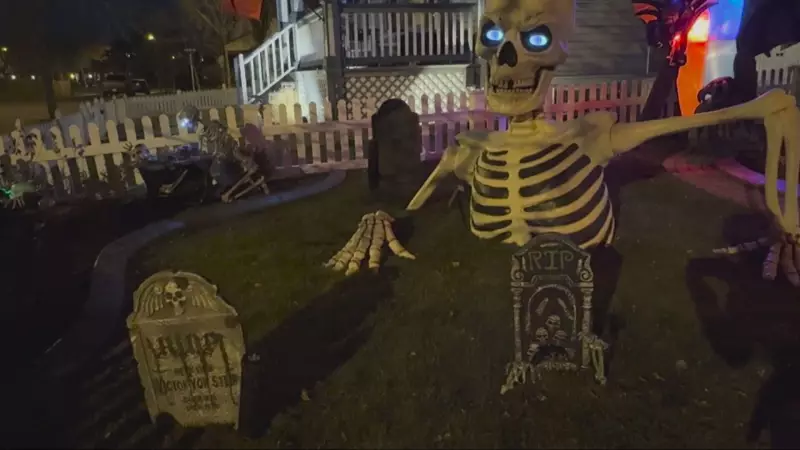
Ever wonder why people willingly subject themselves to heart-pounding terror through horror films, spine-chilling haunted houses, or extreme thrill rides? According to sociological research, our attraction to fear is more than just a quirky human trait—it's a complex social phenomenon with deep psychological roots.
The Social Bonding Power of Shared Fear
Dr. Michael Adorjan, a University of Calgary sociology professor, explains that experiencing fear in controlled environments creates powerful social connections. "When we go through these frightening experiences together, we're essentially engaging in what sociologists call 'emotional energy,'" says Adorjan. "That collective rush creates stronger social bonds than ordinary everyday interactions."
Proving Our Resilience
Another key factor driving our love for fear is what sociologists term "edgework"—the human desire to test our limits while maintaining some control. "We're drawn to situations that bring us to the edge of what we can handle," Adorjan notes. "Successfully navigating these experiences provides a sense of accomplishment and demonstrates our emotional strength."
The Science Behind the Scare
Our bodies respond to controlled fear with a fascinating chemical cocktail. The adrenaline rush and subsequent dopamine release create a natural high that many find addictive. This biological response, combined with the social aspects, explains why horror movie franchises and Halloween attractions remain perpetually popular.
Why Safe Scares Satisfy
Sociologists emphasize that the key to enjoyable fear lies in the "safety net" phenomenon. "We can enjoy these experiences because, deep down, we know we're ultimately safe," Adorjan explains. "The haunted house actor won't actually harm us, the roller coaster has safety harnesses, and we can always close our eyes during the movie's scariest parts."
This understanding of fear as social bonding, personal testing, and biological excitement helps explain why being scared—in the right circumstances—remains one of humanity's most enduring and shared pleasures.





